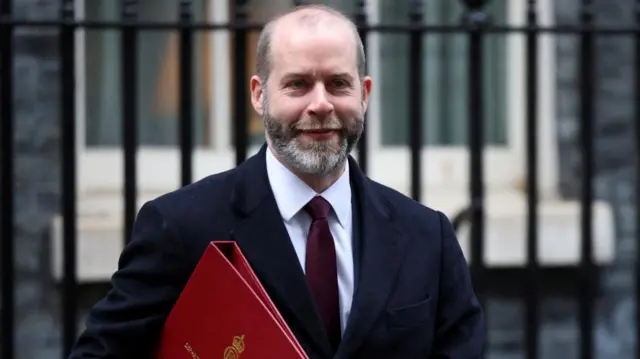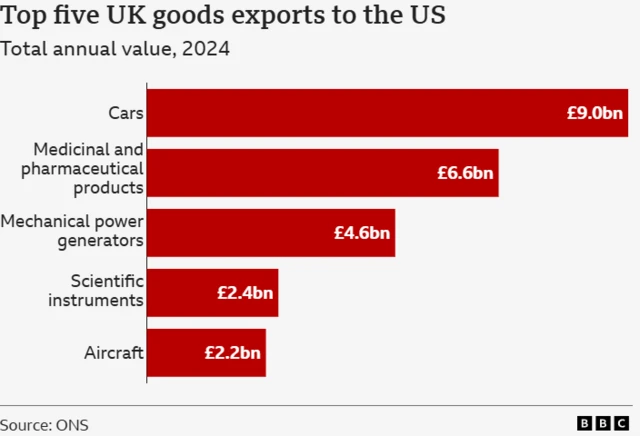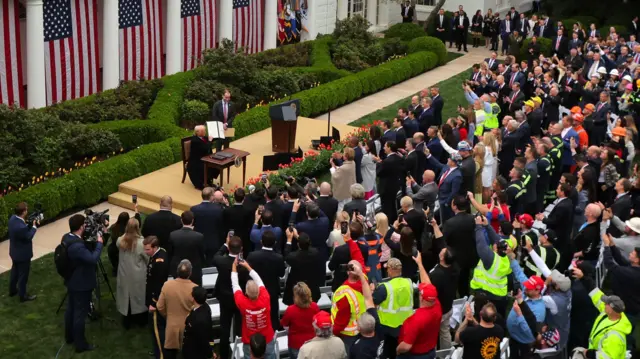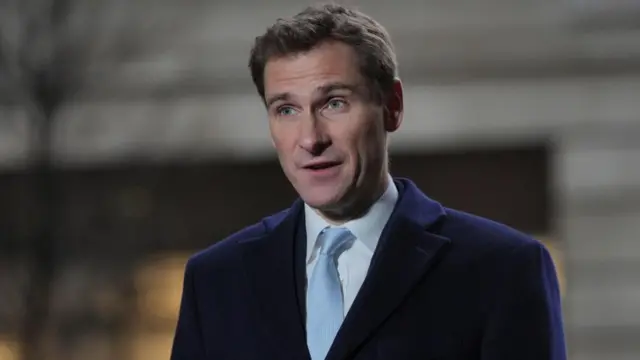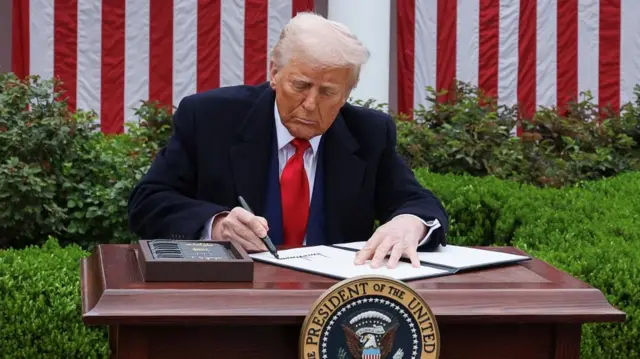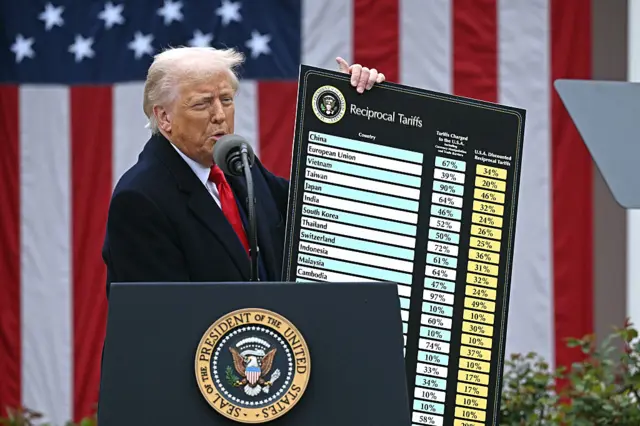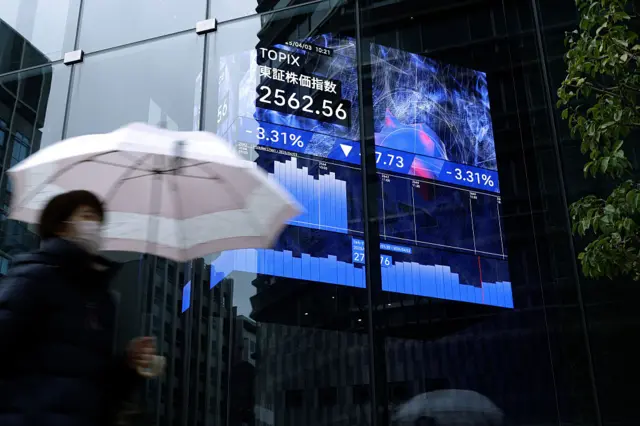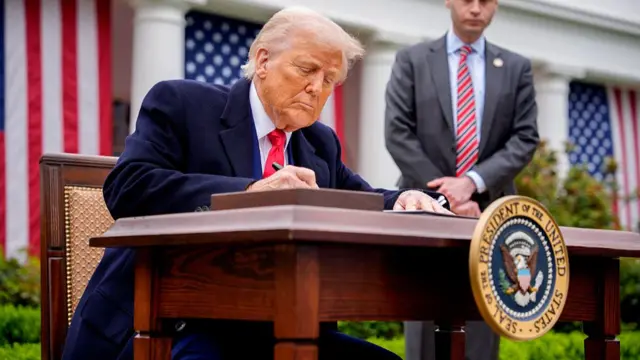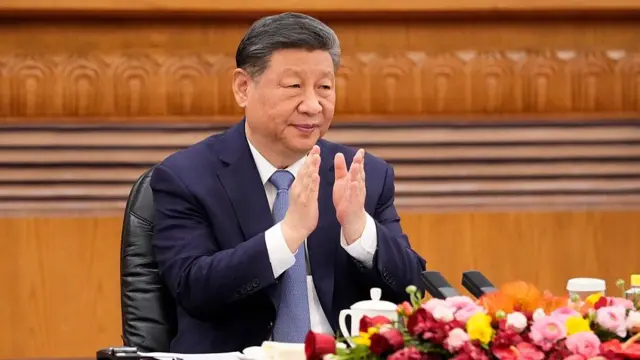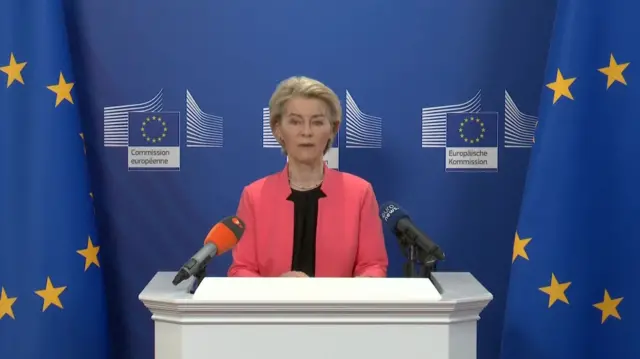Senior business leaders arrive to meet Starmer at No 10published at 07:36 BST 3 AprilBreaking
 Henry Zeffman
Henry Zeffman
Chief political correspondent, reporting from Downing Street
This morning I’ve been in Downing Street as the prime minister begins the first day of this new economic world.
In the past few minutes a string of senior business leaders have walked into No 10 to meet Keir Starmer.
They include the bosses of GSK, the pharmaceuticals company, Unilever, which makes consumer goods, Johnson Matthey, a chemicals company, along with representatives of Airbus, Shell and the car industry.
The cast list displays the wide range of industries which will be affected by these tariffs.
The prime minister will deliver his reaction to Trump’s announcement at the start of the meeting, and will continue to try to project calm. He will also reiterate his desire to strike a deal with the US which would, among other things, reduce the tariffs.
When or whether the US president might sign the deal his team have been negotiating, though, seems to be as much of a mystery to senior government figures as it is to all of us.
- We're expecting those comments from Starmer shortly - we'll bring you them here as soon as we get them
